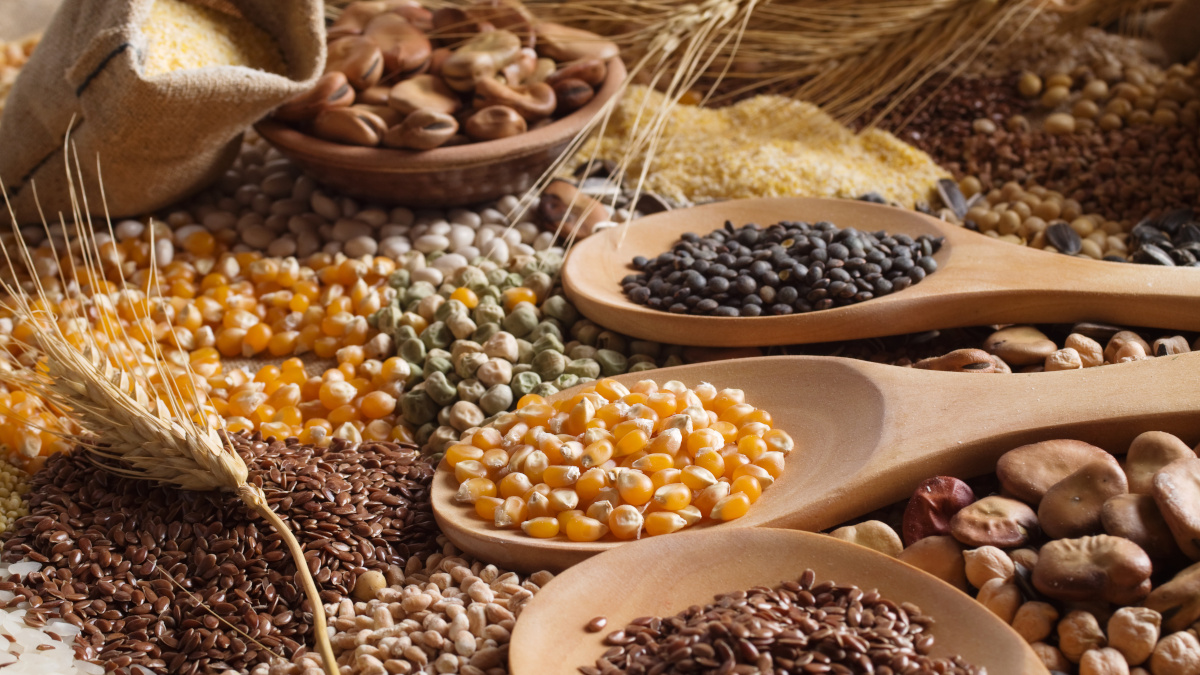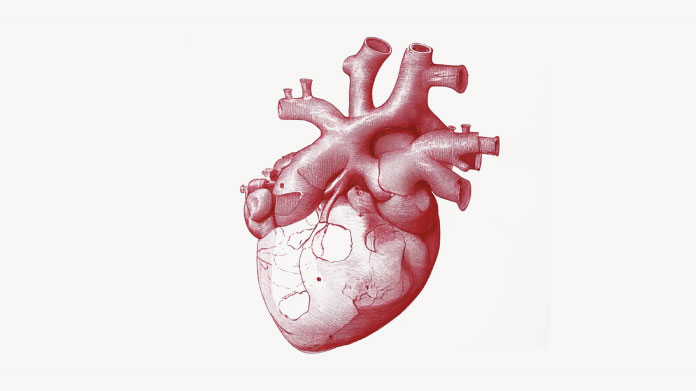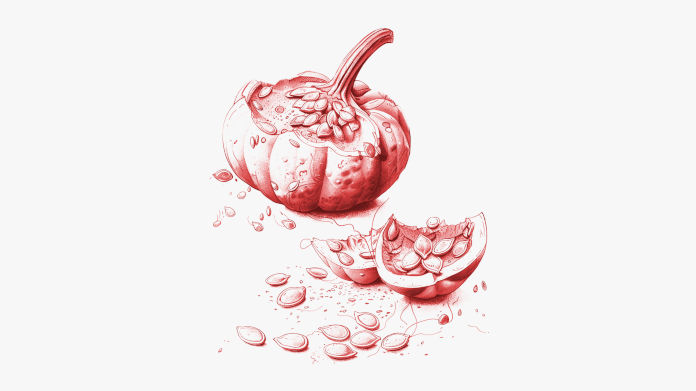Which cereals are good or bad for our health?
Whole grains, refined or processed cereals, with sugar, without sugar: at last, an article that separates the wheat from the chaff!

Processed cereals: beware the sugar content!
Cornflakes, puffed rice, etc.: even cereals labeled as ‘slimming’ or as helping to ’keep you regular’ are not a good breakfast choice if they’re processed, especially for those trying to lose weight.
The vast majority of cereals actually contain too much salt and sugar. What’s more, the high temperatures and various processes to which they’re subjected during manufacture change their nature and increase their glycaemic index (1).
In other words, these cereals get converted into fast-release sugars which encourage pancreatic hormone peaks and the storing of fat, and above all, provide insufficient energy to keep you going throughout the morning.
It’s worth noting that to combat hyperglycemia, you can take a course of Gymnema sylvestre, a natural herb used in Ayurvedic medicine that helps to normalise sugar metabolism and thus supports weight control (try, for example, the supplement Gymnema Sylvestre).
Refined cereals: what’s the effect on your fibre intake?
White rice, white bread, etc.: though they taste good, refined cereals have been processed, often mechanically but sometimes chemically, to remove the bran which naturally encases the grain.
They have a delicate flavor and offer a good balance between fast- and slow-release sugars: the processing makes them more digestible and increases the bioavailability of some of their carbohydrates. Refined cereals thus provide energy faster but also release it over several hours.
However, their nutritional profile, particularly in terms of micronutrients, is inferior to that of whole grains. Most importantly, refined cereals do not provide fibre, which has a widely-demonstrated role in both intestinal motility and immunity (see our article on dietary fibre) (2).
Fibre supports and stimulates our gut microbiota which in turn has an immunostimulant effect. Indeed many people keen to look after their microbiota choose to take targeted supplements (such as the microbiotic Colon Friendly) (3).
Wholegrains: a source of fibre with a low glycaemic index
In short, we need to reduce our consumption of refined cereals in order to increase our intake of wholegrains : wholewheat, bulghur ...
As these retain the germ and the bran that encases the grain, they are richer in (4):
- protein ;
- vitamins (especially B vitamins – riboflavin, niacin, thiamine – and vitamin E) ;
- trace-elements and minerals (iron, magnesium, potassium, selenium) ;
- and fibre .
Alongside this superior nutritional profile, the high fibre content of wholegrain cereals means they absorb liquid, producing a significant and long-lasting feeling of satiety. And to cap it all, they have a lower glycaemic load.
Without doubt then, the best cereals to eat at breakfast (and the best for weight loss) are wholegrain cereals (preferably organic as inorganic varieties may contain traces of pesticides in the casing), and in particular, porridge oats (5).
To complement this intake of fibre, you could also take a multi-benefit synergistic formulation, combining turmeric (which supports effective digestion), natural fibre (pectin, glucosamine, arabinogalactans), sodium alginate and Fucus vesiculus (such as the product Lectin Flush).
Cereals and gluten: pay attention to your gut
Although celiac disease (a pathological intolerance to gluten) only affects a tiny percentage of the population, there’s little doubt that the average Western diet is too high in gluten (6).
Excessive gluten consumption puts a strain on the digestive system, gluten being composed of two types of protein which are insoluble in water. As a result, when we eat too much of it, we often experience bloating, a swollen stomach, post-prandial fatigue and even problematic bowel movements (constipation and/or diarrhea) (7).
To combat gluten-related digestive problems, a number of strategies can be applied at the same time:
- limit your consumption of high-gluten cereals and bread ;
- choose gluten-free cereals and pseudo-cereals such as quinoa, buckwheat and oats;
- take a supplement containing enzymes that break down gluten proteins such as Glutalytic) (8).
References
- CONNOR, John M. Breakfast cereals: The extreme food industry. Agribusiness: An International Journal, 1999, vol. 15, no 2, p. 247-259.
- YANNAKOULIA, Mary, YIANNAKOURIS, Nikos, MELISTAS, Labros, et al. A dietary pattern characterized by high consumption of whole-grain cereals and low-fat dairy products and low consumption of refined cereals is positively associated with plasma adiponectin levels in healthy women. Metabolism, 2008, vol. 57, no 6, p. 824-830.
- HAMAKER, Bruce R. et TUNCIL, Yunus E. A perspective on the complexity of dietary fiber structures and their potential effect on the gut microbiota. Journal of molecular biology, 2014, vol. 426, no 23, p. 3838-3850.
- BORNEO, Rafael et LEÓN, Alberto Edel. Whole grain cereals: functional components and health benefits. Food ; function, 2012, vol. 3, no 2, p. 110-119.
- FARDET, Anthony. New hypotheses for the health-protective mechanisms of whole-grain cereals: what is beyond fibre?. Nutrition research reviews, 2010, vol. 23, no 1, p. 65-134.
- ANTVORSKOV, Julie C., JOSEFSEN, Knud, ENGKILDE, Kåre, et al. Dietary gluten and the development of type 1 diabetes. Diabetologia, 2014, vol. 57, no 9, p. 1770-1780.
- SMITH, Frances, PAN, Xiaoyan, BELLIDO, Vincent, et al. Digestibility of gluten proteins is reduced by baking and enhanced by starch digestion. Molecular nutrition ; food research, 2015, vol. 59, no 10, p. 2034-2043.
- WEI, Guoxian, HELMERHORST, Eva J., DARWISH, Ghassan, et al. Gluten degrading enzymes for treatment of celiac disease. Nutrients, 2020, vol. 12, no 7, p. 2095.
Keywords
1 Days
great products and prices
great products and prices
Marie
7 Days
Easy to navigate site
Easy to navigate site, had what I was searching for, good price. easy order-check out
James Tucker
13 Days
My skin is clearing up nicely!
Pretty good for my skin so far.
Christian
15 Days
The new packaging is excellent
The new packaging is excellent - finally! No more squashed boxes and torn envelopes.
GORAN
16 Days
Great Product
Great Product
Larry Garrett
21 Days
Quick shipping
Quick shipping; good price. No issues!
Mary McCarty
22 Days
Thr product is very good and is helping…
Thr product is very good and is helping me on my health. Then is always on time
LUGO Luz
25 Days
Buying was fine
Buying was fine. I had problems with the website not recognizing my login info, and had to call to get it fixed. Other than that, everything was good.
David S. Clark
25 Days
Your super maca and super ginseng are…phenomenal
Your super maca and super ginseng are phenomenal supplements that compliment each other when taking them together. Fantastic feeling of well-being and lots of mid day energy without the crash.
Keith Mason
28 Days
I have had amazing results with every…
I have had amazing results with every supplement I've purchased. I am extremely satisfied with this company
kirstin Torres
28 Days
Fine products
Fine products . They are on the leading edge of online supplements. The only issue -so far-is they sometime run out of subscription items.
Jason Argos
30 Days
The ordering process is very user…
The ordering process is very user friendly and the products always come in a timely manner.
CARTER Rhonda
31 Days
The price for Dr
The price for Dr. Pero's AC-11 is reasonable and in line with his views. (my former colleague). Keep it pure.
CAMPBELL Clayton
34 Days
Right on every time.
Right on every time.
Arthur Nicholas
37 Days
They are cheaper than everyone else and…
They are cheaper than everyone else and the shipping was fast. Great company.
Patricia Adams




